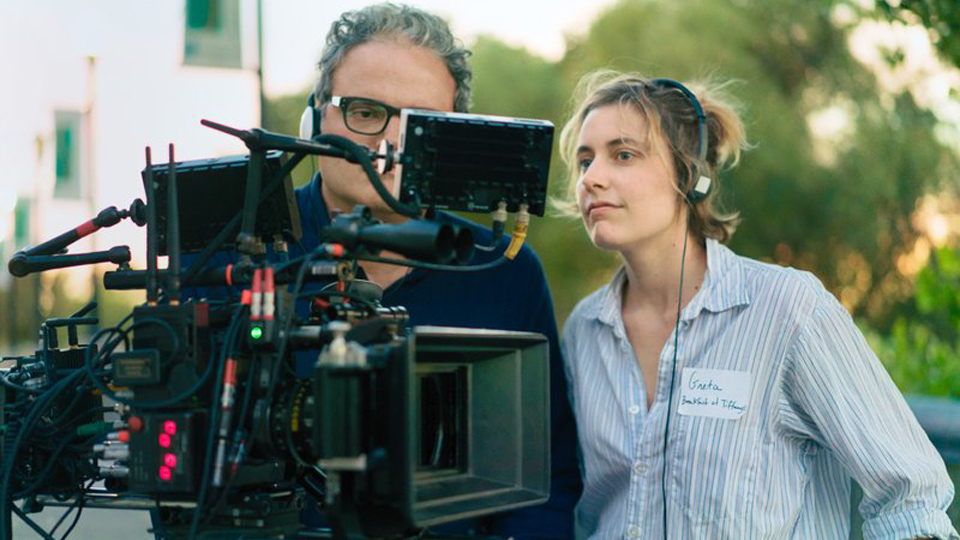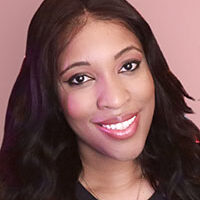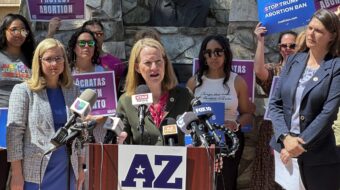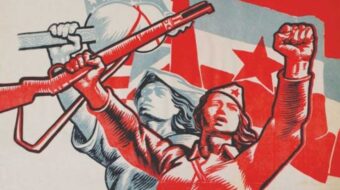
SAN DIEGO—Comic Con International: San Diego (SDCC) brought together close to 300,000 attendees in the city to celebrate, debate, and discuss all things pertaining to popular culture, entertainment, and art. A main theme throughout the four-day convention dealt with diversity and inclusion. One panel, “Women Rocking Hollywood 2018: Female Filmmakers, Pilot Projects, and Paving the way to Parity,” sought to celebrate exceptional women directors, while addressing the continued hardship and discrimination women filmmakers face on the job.
 Panelists included women directors, Lesli Linka Glatter (Homeland, The Walking Dead), Kat Candler (Queen Sugar, 12 Monkeys), Patricia Cardoso (Queen Sugar, Real Women Have Curves), Rosemary Rodriguez (Cagney & Lacey, Jessica Jones, The Walking Dead), Patricia Riggen (The 33, Jack Ryan), executive director of Women in Film: LA, Kirsten Schaffer, and Emmy-winning actress and director Regina King. The panel was moderated by Leslie Combemale of Cinema Siren. Each panelist talked about her current work and the continued struggle not only when on the job, but the difficulty of getting employed as a woman director.
Panelists included women directors, Lesli Linka Glatter (Homeland, The Walking Dead), Kat Candler (Queen Sugar, 12 Monkeys), Patricia Cardoso (Queen Sugar, Real Women Have Curves), Rosemary Rodriguez (Cagney & Lacey, Jessica Jones, The Walking Dead), Patricia Riggen (The 33, Jack Ryan), executive director of Women in Film: LA, Kirsten Schaffer, and Emmy-winning actress and director Regina King. The panel was moderated by Leslie Combemale of Cinema Siren. Each panelist talked about her current work and the continued struggle not only when on the job, but the difficulty of getting employed as a woman director.
Although there have been strides when it comes to women directors, and representation of women both in front of and behind the camera overall, recent studies have shown that major disparities still exist. An annual diversity survey found that the moviemaking industry is no more diverse than it was close to a decade ago. The report conducted by the University of Southern California’s Annenberg School for Communication and Journalism surveyed close to 1100 films in the last decade, and found that only four percent were directed by women. Added to this is the fact that women directors also seem to have shorter careers than their male counterparts. The study found that 83.7 percent of female directors often had trouble securing a job to direct a second project. Upward financial mobility is also harder for women filmmakers: The study found that many had a much harder time than their male counterparts in graduating from independent, low-budget features and television to higher-grossing movies. The struggle for consistent job security was a factor echoed by the panel.
Queen Sugar showrunner Kat Candler spoke to the expectations she had as a film student compared to the reality she faced when looking for work. “You think, ‘oh I got into Sundance—this is the holy grail of film making—and the doors are just going to just fly open.’ You think you’re going to get that three-picture deal…. Then you start going into meetings [with companies] and then you’re told they love your work, and you’re a fantastic filmmaker, but that you need experience before they hire you. And this is repeated to you over and over again,” Candler said. Panelists pointed out that male directors are given opportunities at a higher rate than women despite their lack of previous experience.
Patricia Cardoza stated that it took her fifteen years between directing the popular movie Real Women Have Curves before she was able to get another produced project. “It’s hard to make a living when you don’t work,” Cardoza said. “I was told that as a woman and as a minority I ‘checked two boxes’ and it should be easy to find me work. Another five years went by and nothing,” the director explained. Cardoza announced that despite the struggle for consistent work she will be directing episodes for the upcoming CW Network show In the Dark, and Netflix’s adaptation of Armistead Maupin’s novel series Tales from the City.
Star of the Netflix series Seven Seconds, Emmy award-winning actress Regina King is no stranger to being in front of the camera, but when she wanted to make the transition toward having more say behind the scenes with directing, she found that it was a harder gig to land. “Around the age of thirty-five, although I loved to act, I realized I wanted to be involved in the entire production. Usually directors are men,” King pointed out. She told a story of how she had to embellish her experience as a director in order to have the chance to do her first directing project for singer Jaheim’s music video for his song “Finding My Way Back.” “Sometimes [as women] we feel like we need permission to do something,” King said. “Even with the long pauses between employment, you keep going because you have the desire and drive to tell the story,” she concluded.
“As women we get married to this idea that it’s hard for us, but we can [alleviate that] by supporting each other,” Rosemary Rodriguez chimed in. “I used to not have enough belief that my voice should be heard. Having confidence means trusting yourself. You think [when you finally get a project] that it’ll be offer after offer, but it can still be hard,” she went further. “Take the blows, but don’t take no for an answer. This industry is so male dominated, so male dominated. That’s why we have to support each other and our work.” Rodriguez announced that she is currently working on the Apple TV series “Are You Sleeping,” where for the first time in her career she has both a female assistant director and female director of photography.
Patricia Riggen spoke on the importance of panels that featured women directors. “Growing up in Mexico I never got the opportunity to see women directors. I didn’t think they existed,” she said. Riggen, who will be directing episodes of Amazon’s big budget series Jack Ryan, told a story of an incident that happened to her this year while on set. “I was told recently by someone, ‘You know why you’re here? Because you’re a woman, and we’re resentful of that because women directors just aren’t good,’ they said to me,” Riggen detailed. “This isn’t in my head, this discrimination is real,” she emphasized. Highlighting the emergence of the #MeToo and #TimesUp campaigns, which brought to light the unequal power dynamics in Hollywood and abuse suffered by women in the industry, Riggen said, “We can’t let this movement be just a fashion trend of the year. We have to keep it going.”
Looking at the proactive things that could be done to combat discrimination against women directors on the job, Kirsten Schaffer spoke about some of the things her organization, Women in Film: LA, is doing. “We’ve started a hotline where women can call in and speak to someone about their situation. They can also get referred to attorneys and support groups [for help],” Schaffer explained. The organization’s other initiative “ReFrame,” formerly known as the Systemic Change Project, aims to create a formal action plan to “further gender parity in the media industry.” “Problems aren’t just happening in one area, but all over. We need to work in every single area at one time to implement change,” Schaffer concluded.
Closing the panel, moderator Leslie Combemale gave advice to attendees on how they could join the fight against gender discrimination. “You all are part of this. What you watch matters. If you’re watching shows that never hire women, whether above or below the line, or don’t have representation that is diverse, stop watching those shows. Or make some noise about it. Watch shows that support women. You really have to support shows that have representation and support women.” Riggen chimed in to finish, “Getting hired doesn’t end the struggle. It doesn’t end the struggle that we [women] have to continue to prove ourselves and worth every single day.”
The Women in Film Sexual Harassment Hotline, referred to by Schaffer, can be found here.
Like free stuff? So do we. Here at People’s World, we believe strongly in the mission of keeping the labor and democratic movements informed so they are prepared for the struggle. But we need your help. While our content is free for readers (something we are proud of) it takes money — a lot of it — to produce and cover the stories you see in our pages. Only you, our readers and supporters, can keep us going. Only you can make sure we keep the news that matters free of paywalls and advertisements. If you enjoy reading People’s World and the stories we bring you, support our work by becoming a $5 monthly sustainer today.












Comments